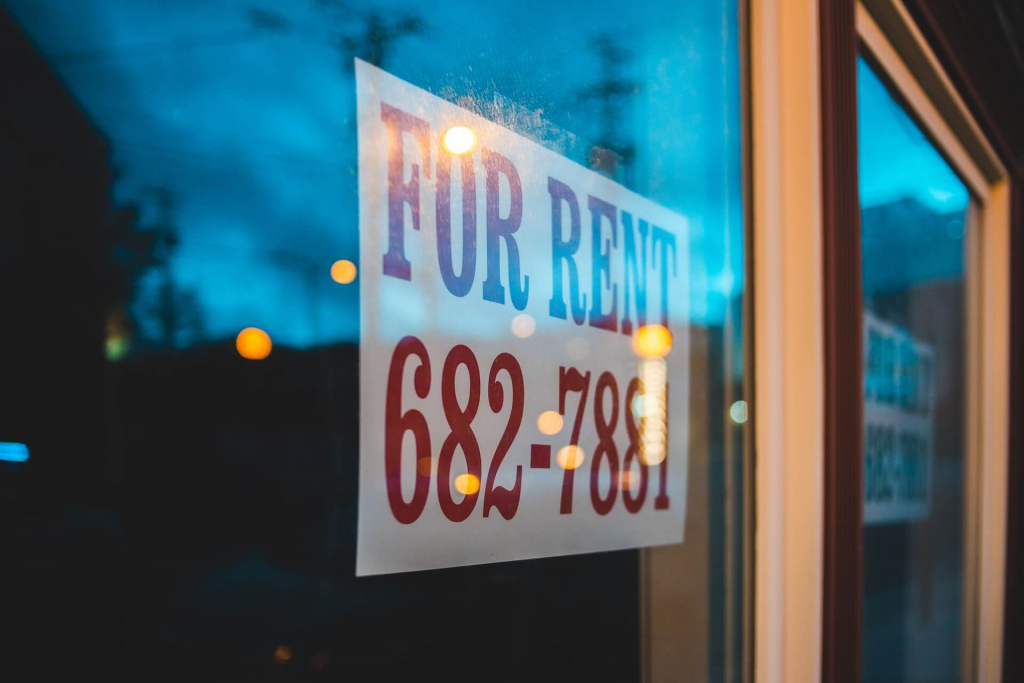Protecting one’s investment property is one of the main priorities every landlord should have because of the risk of losing their hard-earned money if it gets destroyed. It also provides them continuous cash flow, so it is undeniable that it will cause a devastating financial loss if left unprotected. One of the most common ways to protect a property from such loss is by having insurance.
In the rental housing industry, landlord insurance is the most common type. Its coverage includes the repair and replacement of the structure if it gets destroyed due to normal wear and tear, environmental damages, and natural calamities. It may also cover the landlord’s other aspects depending on the insurance coverage. Another type of insurance is renters insurance, which protects the tenant’s belongings inside the unit. However, a relatively new kind of insurance is gaining popularity in America: the rent guarantee insurance.

What is Rent Guarantee Insurance?
Rent Guarantee Insurance is a type of insurance that would pay the monthly rent if the tenant named on the insurance will fail to pay it. The risk-management product will pay for unpaid rent but only for a certain number of months.
One of a landlord’s worst nightmare is a tenant who refuses to pay their rent because that would mean income loss for his residential rental business. Rent guarantee insurance addresses that dilemma. The insurance company acts as a guarantor for the tenant who defaults on paying rent.
The non-paying tenant will still be liable for the rent owed as well as any legal fees. The guarantor can legally sue a delinquent tenant, including eviction and reporting to credit bureaus.

Why get Rent Guarantee Insurance?
A landlord may be hesitant to fork out additional money for this type of insurance because he knows that you, as the rental agent, have conducted thorough screening, credit checks, and income checks before approving the tenant’s rental application. However, circumstances change.
For example, you published a listing on Padleads. You got tons of applicants and did all the background checks; a tenant stands out because of a good credit score and high income; you approved his application and the landlord granted him tenancy. A few months in, however, he got laid off because of the economic recession brought by the pandemic. He eventually fails to pay the monthly rent.
That is when the benefits of having rent guarantee insurance come in. For landlords who rely on rental income to pay the mortgage and other property-management expenses, they couldn’t afford to tolerate unpaid rent.
Note: Screening tenants is still efficient in minimizing the risk of delinquent tenants, but circumstances beyond anyone’s control may increase the risk.

Basic Insights
• Rent guarantee insurance is lease-specific, not property-specific. That means that the landlord needs to get the insurance for each tenant who signs a lease with him. Only the non-payment of that tenant will be covered.
• The premiums will be paid for by the landlord. However, he may require the tenant to pay extra rent to pay for it, though it may discourage them from renting.
• Like any other insurance policy, the premium price, coverage, terms, and other details may vary from one insurance company to another. Usually, the premium is equivalent to 5–7% of the annual rent payments and covers only the 2nd to 6th month of non-payment.